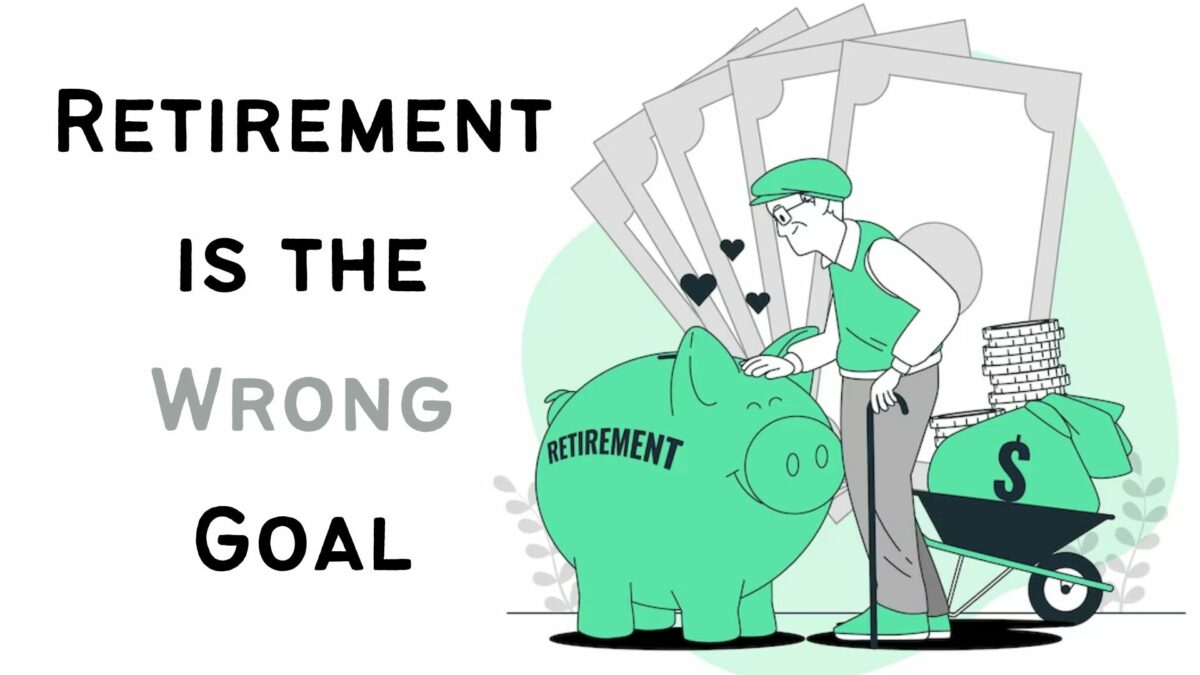“Retirement is the ugliest word in the language.”
– Ernest Hemingway
When I first went into the Army, I was full of vim and vigor. My friends and I, during weekends at the Officer Basic Course, would sit at one of the local watering holes and talk about doing our 20 years and then deciding whether or not we wanted to retire. The Army, at that time, had a pretty decent retirement program, where you’d get 50% of the average of the last three years of salary as a retirement check. Back then, a lieutenant colonel with 20 years of service (which we all assumed we’d make, and for about 97% of the people who stayed in, that’s the minimum rank they’ve achieved) made about $54,720 per year, so we were looking at a retirement pension at age 42 of around $27,360 per year. Given that most of us were making $19,634.40, that seemed like a lot of money (to compare, in 2013, a lieutenant colonel with 20 years of service makes $97,416 per year, and a brand new second lieutenant makes $34,516.80 per year).
I wasn’t convinced that I was going to be a career Army officer, so for me, it really came down to a mental calculation of whether or not I could last 20 years – and not be killed somewhere along the way – to get to retirement, where, I figured, I’d be set for life.
As it turned out, I only got to the quarter pole before getting out of the military. God bless my friends and classmates who continue to stick it out. When I decided to get out, one of the mental goals I set for myself was to earn and save enough money so that I would be fin though we’re financially better off, we continue to work.
What happened?
Isn’t retirement the goal?
Why Retirement is the Wrong Goal to Aim For
While retirement is a great goal to aim for if you really want to stop working and doing anything but travel/volunteering/lounging around, it’s not the be-all, end-all, ultimate goal in life. For many of us, retirement is the mental picture we have when we are finally able to do whatever it is that we want to do without having to worry about working for us.
There’s one issue with that mental picture. We’re using the wrong word to define the goal that we’re looking to accomplish.
What we really want to achieve is financial independence. Financial independence doesn’t necessarily immediately lead to retirement.
What is financial independence?

Financial independence is a state where you no longer need to earn a salary to meet your living expenses. Your investments provide you with enough capital so that you can, if you choose, meet all of your living expenses. You could quit tomorrow and be able to maintain the lifestyle that you desire.
Achievement of financial independence leads to freedom. While, yes, if you’re not financially independent, you could always go get another job, pick up and move, take your chances elsewhere, or even start your own entrepreneurial venture, you have to balance doing what you want to do with the need to continue to meet your financial obligations. You’re in a position where not earning money is, over the long run, unsustainable, because you’ll have to tap into your principal enough to where you’ll eventually run out of money. When you have financial independence, on the other hand, you get to choose what it is that you want to do with the rest of your life. You could continue to work. You could stop. You could volunteer. You could [FILL IN THE BLANK WITH LEGAL, MORAL, ETHICAL ACTIVITIES HERE]. The world, within the limits of spending within what you can safely withdraw from your accounts, is your oyster.
Why should financial independence be the goal instead of retirement?

The answer is quite simple. Retirement is a subset of financial independence. While you cannot, or, rather, should not retire without achieving financial independence, you are not forced to retire once you’ve reached financial independence. Retiring is just one of many options you could choose to pursue.
When you set a goal of retirement, you’re planning on an endpoint. Days of sitting around doing nothing, watching the traffic go by as you sip iced tea on your front porch may not be the big motivator that gets you out of bed in the morning.
However, I don’t know anyone who isn’t excited or compelled by the idea of reaching a point in their lives where they have the freedom to choose to do whatever it is that they want to do every day. Imagine how much more enjoyable work would be if you could work in a situation where you didn’t feel pressure to perform every day to keep your job and to keep the concomitant paycheck. You’d be able to go in and work because it’s what you wanted to do and because you felt like you were making a difference. Even if you’re in a job where you feel like that now, if you don’t have financial independence, then, somewhere in the back of your mind, whether you acknowledge it or not (and, trust me, Monkey Brain acknowledges it whether or not you do), you’re going to be thinking about your paycheck.
Does reaching financial independence mean you should work for free?
Absolutely, positively not.
Look at me as an example. I charge an hourly rate for private consulting. I offer a premium training course. Sure, I put out a lot of free content, but I’m running a business with the intent of creating value and getting paid for my work.
Why?
It’s because what I do has value. I have knowledge and experience, skills and wisdom that are valuable to some people, and money is the trade for that value.
Just because you reach financial independence, it doesn’t mean that you suddenly have no value in the marketplace or that your abilities are worthless.
It does mean that you get to choose how much your time, skills, knowledge, and wisdom are worth. When you’re working because you need the salary, you don’t have that type of negotiating leverage. Sure, you can negotiate salary, but you’re not truly dealing from a position of strength. You need money, so you don’t have the ultimate walk-away power.
When you’re financially independent, you possess that power. You can choose to volunteer your time, do pro bono work, to sit around and read books all day, or continue to work or build a business. You do these things because you want to and not because you have to.
Financial independence means personal freedom, and it’s one of the most liberating feelings in the world.
Retirement may or may not create that sense of personal liberty. Financial independence will.
That’s why your goal shouldn’t be retirement. It should be financial independence.
Were you aiming at the wrong target all along? Tell us about it in the comments below!
Author Profile
- John Davis is a nationally recognized expert on credit reporting, credit scoring, and identity theft. He has written four books about his expertise in the field and has been featured extensively in numerous media outlets such as The Wall Street Journal, The Washington Post, CNN, CBS News, CNBC, Fox Business, and many more. With over 20 years of experience helping consumers understand their credit and identity protection rights, John is passionate about empowering people to take control of their finances. He works with financial institutions to develop consumer-friendly policies that promote financial literacy and responsible borrowing habits.
Latest entries
 Low Income GrantsSeptember 25, 2023How to Get a Free Government Phone: A Step-by-Step Guide
Low Income GrantsSeptember 25, 2023How to Get a Free Government Phone: A Step-by-Step Guide Low Income GrantsSeptember 25, 2023Dental Charities That Help With Dental Costs
Low Income GrantsSeptember 25, 2023Dental Charities That Help With Dental Costs Low Income GrantsSeptember 25, 2023Low-Cost Hearing Aids for Seniors: A Comprehensive Guide
Low Income GrantsSeptember 25, 2023Low-Cost Hearing Aids for Seniors: A Comprehensive Guide Low Income GrantsSeptember 25, 2023Second Chance Apartments that Accept Evictions: A Comprehensive Guide
Low Income GrantsSeptember 25, 2023Second Chance Apartments that Accept Evictions: A Comprehensive Guide

